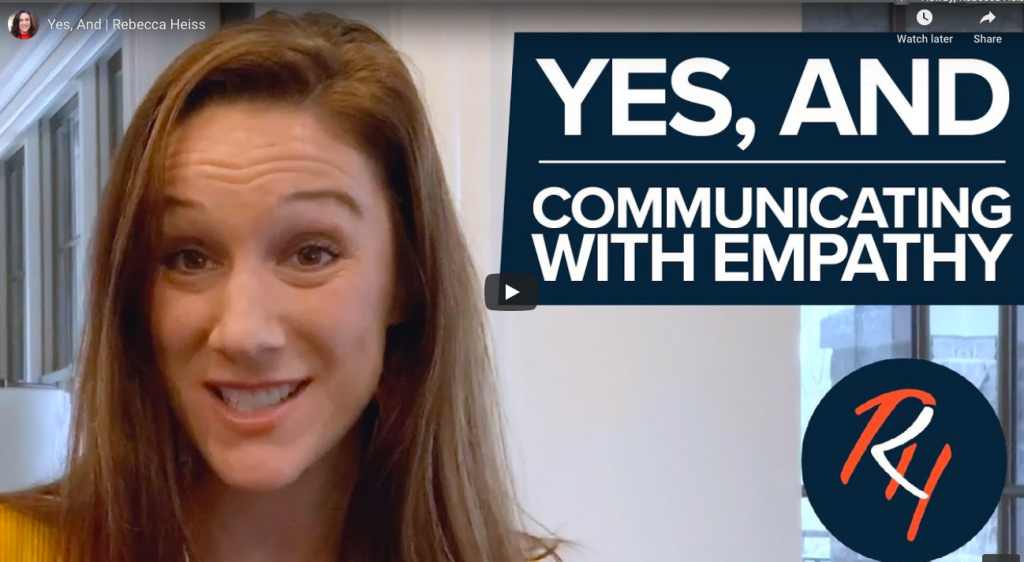Take a look at the pictures on your walls. Go ahead.
Close your eyes and take a little walk down your hallway, look at the photos on your refrigerator and by your bedside. What do you see?
Now pick up that magazine in the corner of your living room and flip through the pages. Think about the last movie or TV show you watched.
 See your own reflection?
See your own reflection?
For most of us, the faces looking back at us look familiar.
The media we consume are often reflections of ourselves. There’s nothing inherently wrong with that. It’s what we’re programmed to do. We seek the same because that’s where we find comfort and safety. Our ancestral brain sets off mini stress responses anytime we are around people that are different from us. Even if those people initially look like us, the fact that we don’t recognize them, and therefore cannot predict that they align with our values and ideations, gives us a spike of stress.
In what has to be on the top of the lists of fun experiments of all time, a 2015 A-team of scientists, lead by McGill University psychology professor Jeffrey Mogil, tested the reaction of students to painful stimuli (submerging their hands into ice cold water) under different test conditions. No, I’m not a masochist and don’t think inducing pain is fun (even with students; keep reading for the fun part). The test conditions were set up as follows.
 I know it’s not quite a hand in ice water but it’s close enough…and funny.
I know it’s not quite a hand in ice water but it’s close enough…and funny.
Ice Submersion:
- Alone
- With a friend
- With a stranger
- Between two strangers given metyrapone, a stress-blocking drug
Students were then asked to rate their level of pain. Students who were paired with a friend suffered the most, suggesting that the empathy they shared for their friend in pain raised their own levels of pain.
 I’m uncomfortable for myself—but also for you, my friends!
I’m uncomfortable for myself—but also for you, my friends!
Fascinatingly, those participants who were given the flight-or-fight-response-blocking drug metyraphone also showed increased empathy for the stranger. Here comes the best part of the experiment. A final condition was tested between two strangers who had spent the 15 minutes prior to testing playing the video game Rock Band® together.
Here, too, the empathy barrier between strangers was breached. Participants who had played Rock Band® together had higher pain ratings, when placed together, than participants who had not played together.
 Just imagine the level of social empathy developing in this scene.
Just imagine the level of social empathy developing in this scene.
Our brain may have hard wired us for bias, but it’s important to keep in mind that these connections are flexible and largely determined by our willingness to fight consciously against our pre-wired programing. It appears the fight may not always be that hard … it may be as simple and close by as the nearest gaming console.








